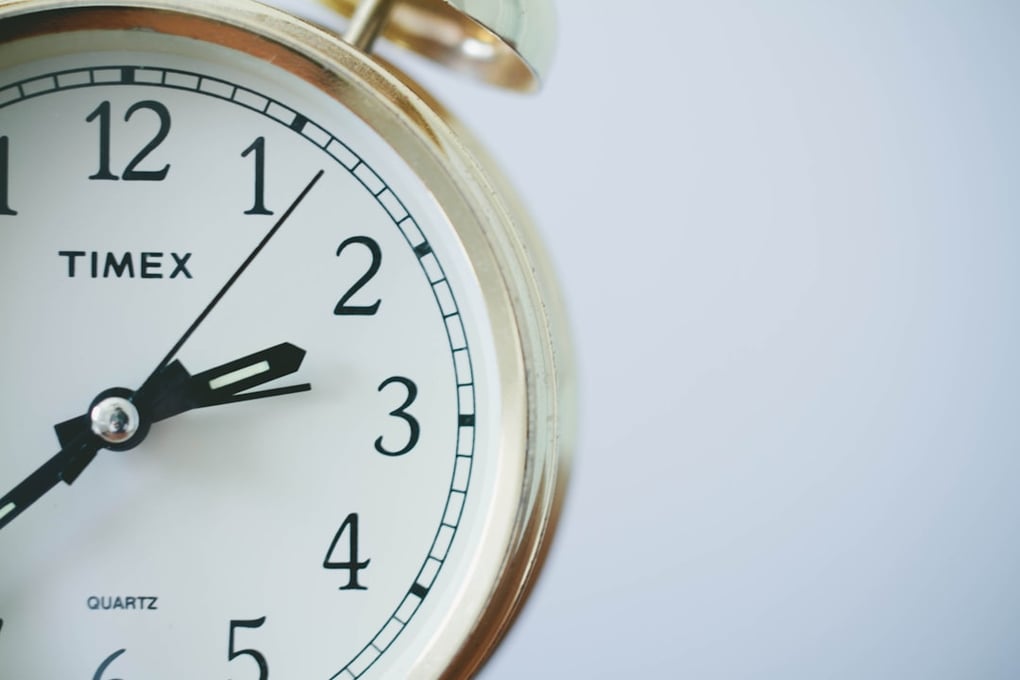Growing up, my parents were very strict with the fact that sleeping schedules and eating schedules had to be in a regular pattern, and inconsistency with your meal and sleep times would throw your body’s “natural rhythm” out of sync.
Although I never really doubted them, it wasn’t until recently when I started questioning why you had to “follow your biological clock”. So I did a bit of research on this topic, and here’s what I uncovered.
First… What Is Your Biological Clock?

Your biological clock, or circadian clock, is the reason your body operates on an approximately 24-hour cycle. This cycle, known as your circadian rhythm, is what governs your sleep-wake schedule, along with other things such as your hormones and body temperature. This internal clock is how your body adjusts to daytime and nighttime and is present in all living organisms.

So what does this mean? It means that your brain, in accordance with several factors including external cues (like the sun) and the times you eat, is constantly letting your body know when it has to be awake, and when it should be asleep.
Your brain does this by generating signals encouraging you to stay awake through the morning to the evening, and producing signals that encourage sleep during the nighttime. These “sleep signals” gradually disappear while you sleep, leaving you refreshed at the start of the next day.
However, if you delay your sleep time (or if you don’t sleep at all), your brain is not only unable to relieve your “sleep pressure”, but will also continue to build it up. This, in turn, leads to drowsiness and deterioration in overall performance.
Your body then needs more sleep to balance things out, which is why situations like these often end up with you sleeping in or feeling exceptionally crummy when getting up at your normal time.
Waking up late confuses your biological clock, particularly when the cues it normally relies on upon (such as time of day, sunlight, mealtime, etc.) don’t match up to the previous day. Your circadian rhythm being confused is why things just don’t feel very right on those days. Jet lag is a great example of confusing your biological clock.
For me, the takeaway from this quick research is pretty simple: without a consistent sleeping pattern, your body will for lack of a better term, feel like crap. It’s hard to make the most out of your time when feeling under the weather, so learning to manage your time in order to get enough sleep really is imperative to being able to stay on top of things.



